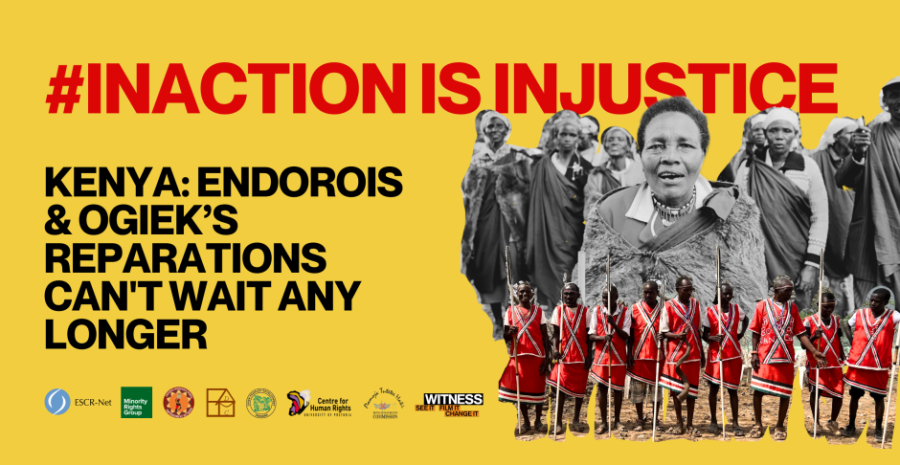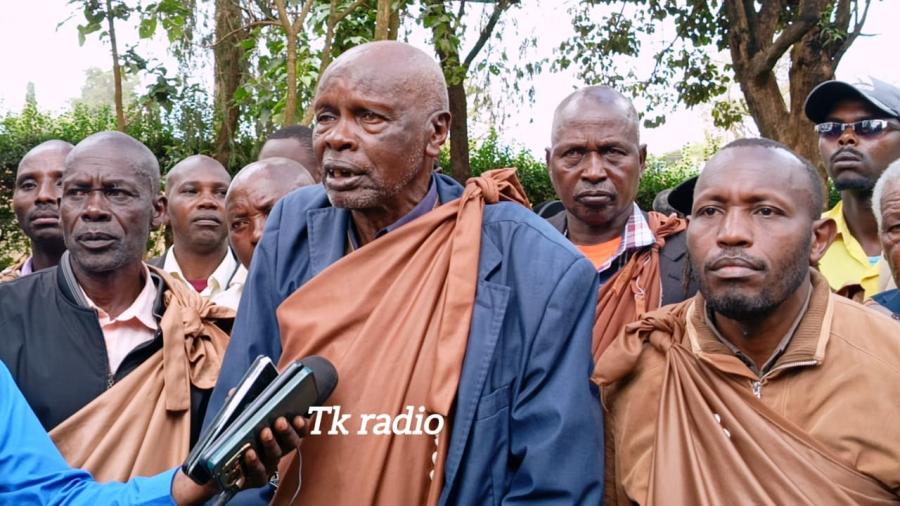The fundamental rights of indigenous peoples are gaining greater international recognition at a crucial time in history, when issues of state territorial integrity and sovereignty are losing their primacy in the global political arena.
The following articles reflect the tidal change in the world community towards recognizing and respecting the rights of indigenous peoples.
Though such change is taking place everywhere, this issue of Cultural Survival Quarterly is only able to cover some of the specific legal developments and a few regional initiatives, in part because indigenous peoples themselves are consumed with their ongoing legal and political problems. However, it is our hope that the issue will serve as a public education tool that can be used by indigenous peoples and others.
Notions of "sovereignty" are changing against the backdrop of the growing assertions by peoples, including indigenous peoples, to exercise the right of self-determination. One specific example of change is the work being done at the United Nations. Julian Burger briefly outlines how the UN will devote further attention to indigenous peoples' rights, including the establishment of an International Decade of Indigenous Peoples. Robert T. Coulter's article elaborates upon the evolution of indigenous human rights standards at the United Nations, focusing on the principles of the draft Declaration on the Rights of Indigenous Peoples.
Events such as the recent uprising in Chiapas, Mexico are direct evidence of the change. The state of Mexico did not merely crush this armed rebellion; rather it responded substantively to the human rights and other demands of the indigenous peoples. Such a development can not be overlooked, and may in fact be the trumpeter for the universal approval and accommodation of the human rights of indigenous peoples.
S. James Anaya's article illustrates how state behavior is actually being influenced by these international human rights developments. State governments and others are slowly recognizing that a substantive political and legal response is perfectly sensible, plausible and practical.
Other indicators of this international trend or tide include the efforts of other international for a to respond to indigenous peoples and their demands. Russell L. Barsh discusses the revision of the International Labor Organization Convention on Indigenous and Tribal Peoples, which established minimum international human rights standards. In addition, the adoption of Chapter 26 of Agenda 21 by the United Nations Conference on Environment and Development is another useful (though not entirely comprehensive) step in the right direction. The World Bank has also adopted an Operational Directive on indigenous peoples, which is a positive signal of change for this international development bank. The Organization of American States has embarked upon the drafting of an instrument addressing the rights of indigenous peoples in the Americas.
Indigenous people themselves are increasing their efforts and involvement in their own communities, nationally and internationally. Lars Anders Baer details the actions of his own Saami people towards becoming a political force in their own northern homelands. Indigenous peoples everywhere are helping to raise the level of international norms not merely for their own benefit but for the overall advancement of humankind, especially in the area of human rights. In this context, Asbjorn Eide and Alan Phillips write about minority rights protection and the changing dynamics in the area of human rights law development.
Around the world, from the most of affluent countries to the many developing countries, indigenous peoples' intolerable living conditions must end. The territorial and other fundamental human rights abuses they suffer from must end. Such conditions are compounded by the competing rights and interests in lands, territories and resources, such as the disputes over land ownership discussed by Alex de Waal in his piece on the political marginalization of minorities in Somalia, their struggle over land and resources, as well as the UN's failure to protect minority land rights. On the other hand, in two companion articles from Africa, Maasai and Nyae Nyae spokespeople express hope and appreciation for the UN's efforts.
Finally, this issue contains practical information about the non-governmental organizations active in the field and the draft Declaration on the Rights of Indigenous Peoples and the General Assembly resolution creating the Decade.
Indigenous people have a continuing need for political and moral support, as well as financial resources. The draft Universal Declaration on the Rights of Indigenous Peoples will be voted upon by the member nations of the United Nations; indigenous peoples must have political support to gain all the votes necessary for its adoption. Public education must continue. Publications, such as the one must be generated and distributed to a wider audience. Such public education may help to influence states to develop specific, direct and comprehensive response to the real problems facing indigenous peoples.
States must develop genuine methods for indigenous peoples to play a direct and meaningful role in the decision-making processes that affect them. The world community must begin to devise new constitutional arrangements, accords or compacts by which indigenous peoples rights can be accommodated. In this way, a real partnership between indigenous peoples and others can be realized - a partnership based upon mutual respect, recognition and trust.
Article copyright Cultural Survival, Inc.



